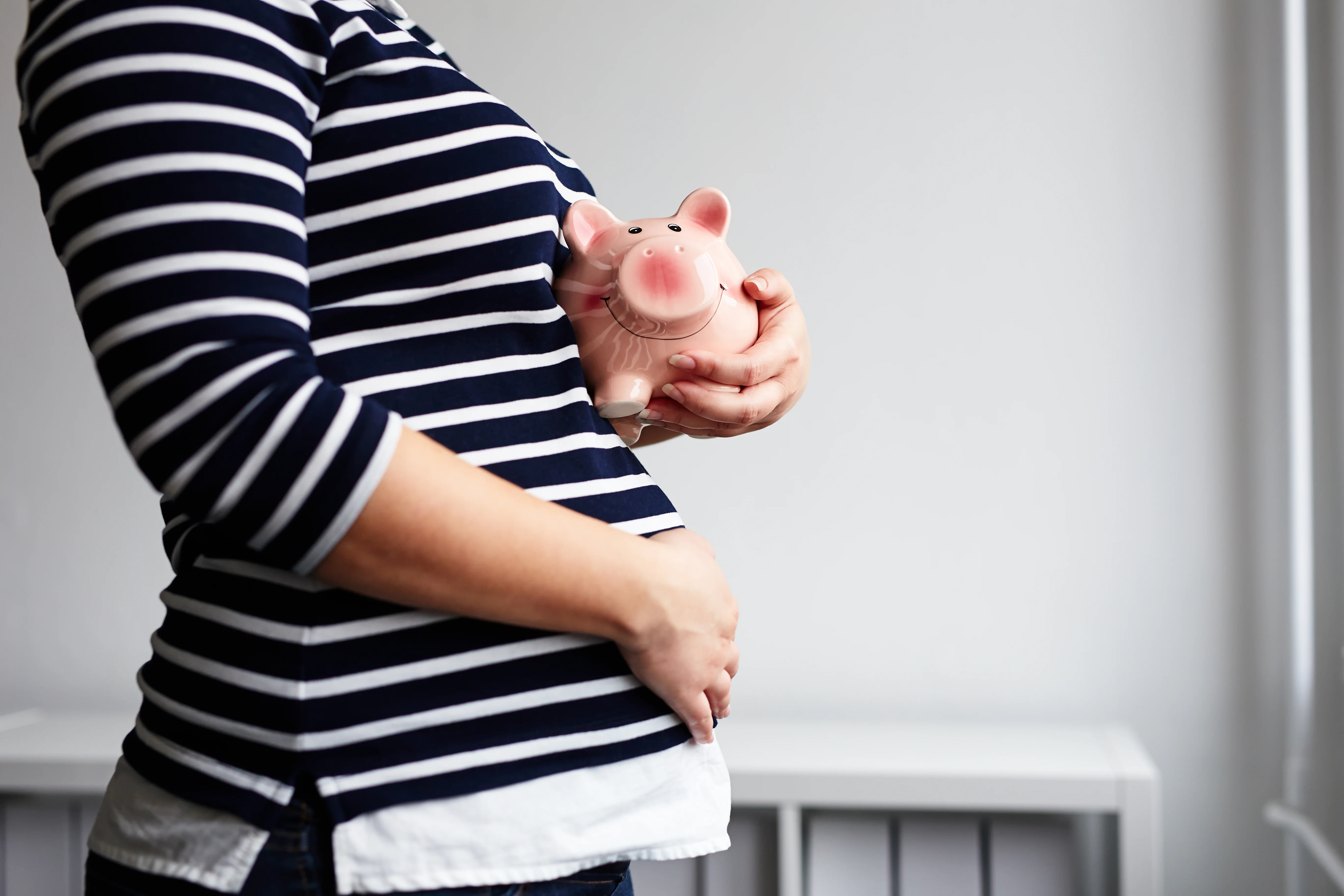Expecting a baby is undeniably exciting, but if you’re planning on having a child this year, it’s worth considering the costs. This will help you to budget appropriately, particularly as you may need to make some financial sacrifices.
In this article, we outline the cost of basic baby necessities, along with some extras you may have yet to consider. We also offer some useful tips for first-time parents.
Tip: Is debt deterring you from having a baby? Debt consolidation can help to lift the burden and get you back on course.
Acquiring the basics
It's estimated that South African parents spend, on average, around R100,000 a year to raise a child, says Madikana Kekana, head of customer experience at MiWayLife.
First-time parents can expect to pay at least R10,000 for the essentials, notes Saul Salzman, managing director of Dis-Chem, the owner of Baby City. These include a receiving blanket, clothing, nappies and a diaper bag, wipes, bottles, pacifiers, formula or a breast pump, a cot and bedding, a changing table, a pram and a travel seat.
Many parents pay even more by opting for premium items, Salzman says.
Kekana says nursery set-up can cost upwards of R5,000, including furniture, a baby-changing station, and related equipment.
To save costs, new parents can “switch things up,” she says. “Buy a sleeper cot at Dis-Chem for R1,599 or a portable change station for R495 at Takealot,” she recommends.
“Feeding equipment will vary in cost, from bottles and sterilisers to bottle warmers and formula. Parents are looking at up to R5,500 to cover their baby’s feeding needs,” says Kekana.
Bathing aids typically cost around R2,500 a month. If you add nappies, bum cream, a toiletry bag, wipes, baby powder and more, you will pay R750 to R3,000 more every month.
“Shop at stores such as PEP to access affordable care products instead of branded items,” she suggests. “The Crazy Store or Shoprite, along with second-hand stores, can also save you money.”
Budgeting challenges
Charné and Keith Horn from Roodepoort are expecting a baby in May. Their first child, Kasey, was born a year ago.
The Horns say their expectation of expenses as first-time parents was far from accurate.
“We spent an estimated R30,000 on essentials, along with some extras such as pregnancy vitamins, a cot mobile, a play den and mat, and soft toys,” says Charné.
The Horns budgeted around R5,000 per month for their firstborn, but ended up spending R9,600 a month, which covered medical aid, groceries and a nanny.
“The figure increases if you include vaccinations, doctor’s visits, and new toys,” Charné points out.
Kekana says it can cost around R2,000 every month to keep a baby dressed, due to seasonal changes and the rate at which babies outgrow clothing.
“Ask family and friends for hand-me-downs, or browse on sites like Petit Fox or Jolly Monster for quality second-hand baby clothes. These start at R35,” she says.
“The costs are daunting for a first-time parent, but it’s easier when you have a second child as you already have the essentials,” says Charné.
Salzman says parents can save up to R30,000 by setting up a gift registry for their baby, as the average spend across the Dis-Chem Baby City stores is between R20,000 and R30,000 per child.
Extra costs to consider
Baby-proofing their home and items is an expense parents may not consider, says Kekana.
“Whether finding the correct car seat, turning dangerous edges and holes in your home into something that won’t pose a threat to your child, or securing your cupboards with locks, you may be looking at R1,500 to R5,500.”
For parents returning to work, the support of a nanny, au pair or nursery school can set you back anything from R33,500 to R70,000 a year, says Kekana.
Finally, she adds, it’s critical to have life insurance to protect your child. “It may not bring their parents back, but it goes a long way towards ensuring that life as they know it can continue,” she says.
Initially, you may pay less than R200 a month for R500,000 of cover, but it’s worth remembering that this amount will escalate over the years.
“The MiWayLife policy combines funeral and life cover for you and your loved ones,” Kekana points out.
Tips for new parents
Charné offers the following tips for parents. These, she says, are the things she wishes she had known before she had a baby.
- It’s cheaper to buy nappies in bulk rather than buying them every week.
- Don’t go overboard with clothing as babies outgrow cute outfits within the first six months, and baby shoes are unnecessary.
- Buy clothes on sale. For example, at the end of winter, buy half-price clothing for the following winter (but make sure it’s a slightly bigger size).
- Consider buying a second-hand pram – you don’t need an all-in-one travel system.
- Don’t buy every appliance and gimmick advertised – not everything you see online is necessary.
- Start a savings account when you fall pregnant so emergency costs are covered once the baby is born.
- Baby food is expensive, so make your own at home. Blend it, freeze it in ice-cube holders, and store it in freezer bags.
Tip: Give your child a head start in life by investing in unit trusts. Explore these targeted investments today.

